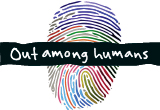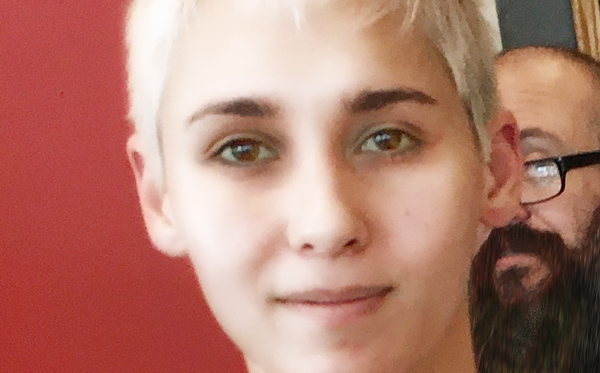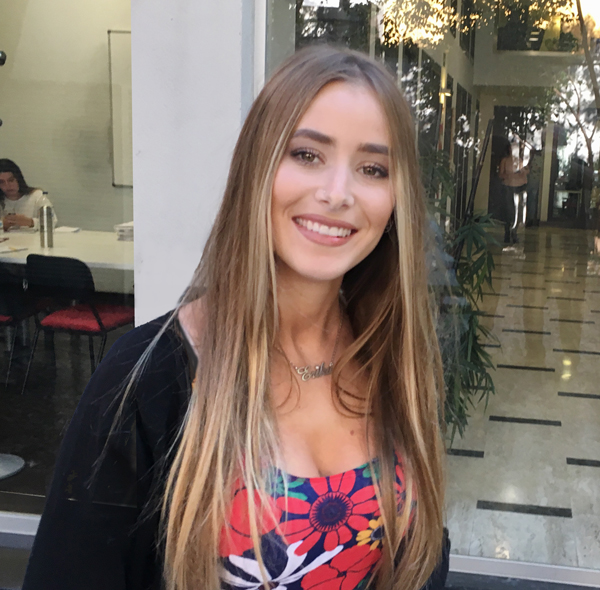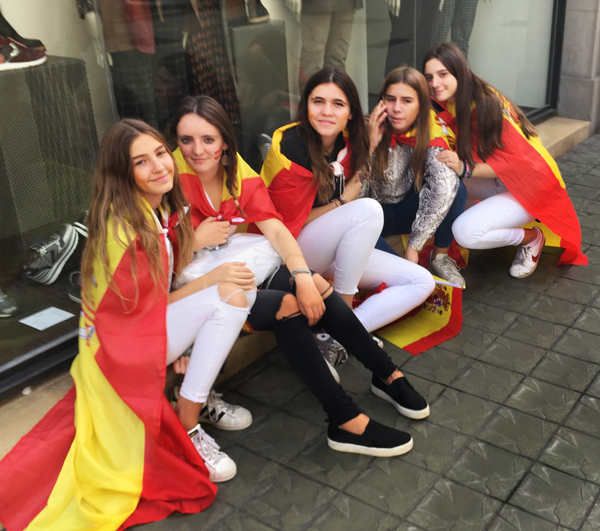The Value of Beauty
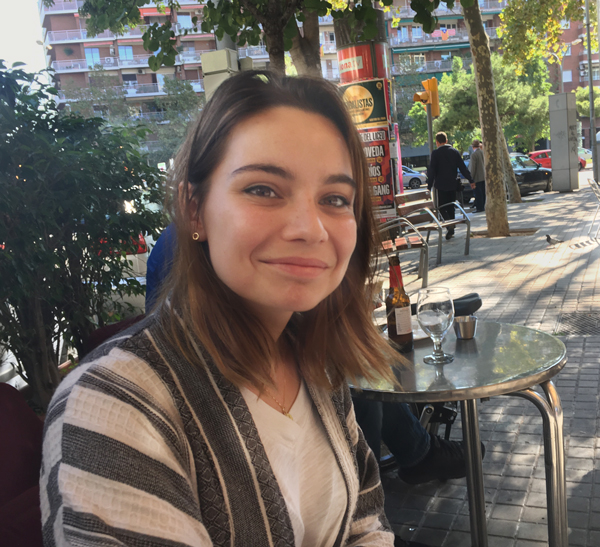 Does beauty contribute to a person’s success?
Does beauty contribute to a person’s success?
BARCELONA — The students who descended on room 214 had paid their dues. Their Spanish classes were now focused as much on conversation as grammar and syntax.
The professors came armed with questions to engage visitors from various continents, each with histories all their own. Some expressed ideas they wouldn’t have shared at home.
The Italians, French and Portuguese had a Latin-root advantage over the others. Among the most articulate was a Frenchwoman named Mathilde Courty who was younger than the median age around the table.
The group assumed the question relating beauty to success to be directed at women. The men, intelligent men, held back.
It was agreed that voice, facial expressions and eye contact create their own kind of beauty, that vanity can turn a beautiful person ugly and that humor makes a plain person irresistible.
It was Matilda who posed a follow-up question.
Why do woman invest so much time making themselves attractive? Why the mascaras, powders, glosses, buffing and botox? And why are men exempt from the beauty arms race. Dandies once wore powdered wigs and cod pieces. Peacocks parade for hens.
Matilda is a wandering soul who has studied and traveled in Italy, Peru, England, Spain and Vietnam; she has lived in Bénin. Her Spanish studies are prep to serve people with disabilities in South America.
The good looks we inherit courtesy of our parents, the beauty we earn by making ourselves helpful and the beauty we enjoy simply by being young all were in display that final period of the day.
The rain had stopped and the conversation wandered outside to the tables on the sidewalk where it switched to English without anyone noticing.![]()
